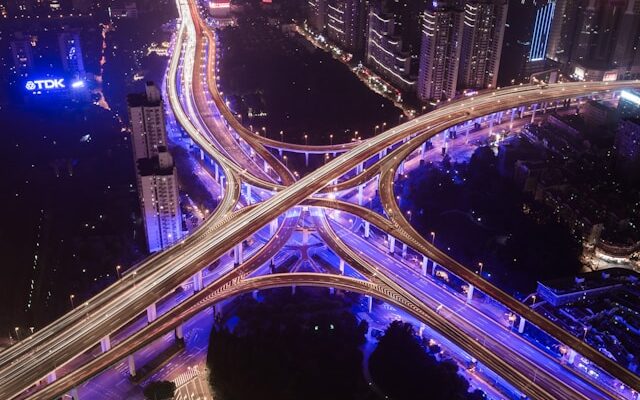With the rapid advancement of technology, cities around the world are becoming smarter, more efficient, and more sustainable. The concept of smart cities has gained significant momentum in recent years, as governments and urban planners recognize the potential of technology to improve the quality of life for their citizens.
The Definition of a Smart City
A smart city is a city that uses technology and data to enhance the quality of life for its residents, improve the efficiency of urban services, and reduce resource consumption. It leverages advancements in areas such as Internet of Things (IoT), artificial intelligence (AI), and big data analytics to create a connected and intelligent urban environment.
The Benefits of Smart Cities
Smart cities offer a wide range of benefits for both residents and the environment. By integrating technology into various aspects of urban life, these cities can improve transportation systems, optimize energy consumption, enhance public safety, and provide better access to healthcare and education.
One of the key advantages of smart cities is the ability to reduce traffic congestion and improve transportation. Smart traffic management systems use real-time data to analyze traffic patterns and optimize signal timings, resulting in smoother traffic flow and shorter commute times. Additionally, smart parking solutions help drivers find available parking spaces, reducing the time spent searching for parking and minimizing traffic congestion.
Another area where smart cities excel is energy efficiency. By deploying smart grids and smart meters, cities can monitor and manage energy consumption more effectively. This not only reduces carbon emissions but also helps residents save money on their energy bills. Smart buildings equipped with energy management systems can automatically adjust lighting, heating, and cooling based on occupancy and weather conditions, further reducing energy waste.
Smart cities also prioritize public safety. Advanced surveillance systems, including CCTV cameras and facial recognition technology, help law enforcement agencies monitor public spaces and respond quickly to emergencies. In addition, smart sensors can detect environmental hazards such as air pollution and notify authorities, enabling them to take timely action to protect public health.
Examples of Smart Cities
Many cities around the world are embracing the concept of smart cities and implementing innovative solutions to enhance urban living. Here are a few notable examples:
- Singapore: Known for its impressive urban planning, Singapore has transformed itself into a leading smart city. The city-state uses technology to optimize transportation, manage waste, and improve public safety. It has implemented an electronic road pricing system to reduce traffic congestion and has deployed smart sensors to monitor water quality and enhance flood management.
- Barcelona: Barcelona is often hailed as one of the smartest cities in Europe. It has implemented a comprehensive smart lighting system that adjusts the intensity of streetlights based on the presence of pedestrians and vehicles, saving energy and improving safety. The city has also developed a smart irrigation system that uses soil moisture sensors to optimize water usage in parks and gardens.
- Tokyo: Tokyo is leveraging technology to create a sustainable and resilient city. It has deployed a sophisticated earthquake early warning system that provides residents with crucial seconds to seek shelter. The city is also using AI-powered robots to assist with tasks such as cleaning, security, and healthcare.
The Future of Smart Cities
As technology continues to evolve, the potential for smart cities is limitless. The Internet of Things will play a crucial role in connecting various devices and systems, enabling cities to gather and analyze data in real-time. This data-driven approach will empower urban planners to make informed decisions and create more livable and sustainable cities.
However, as we embrace the benefits of smart cities, it is essential to address concerns regarding data privacy and cybersecurity. Robust measures must be in place to protect the personal information of residents and ensure the integrity of the city’s infrastructure.
In conclusion, smart cities are revolutionizing urban living by harnessing the power of technology. These cities are not only more efficient and sustainable but also offer a higher quality of life for their residents. As technology continues to advance, we can expect to see even more innovative solutions that will shape the cities of the future.




